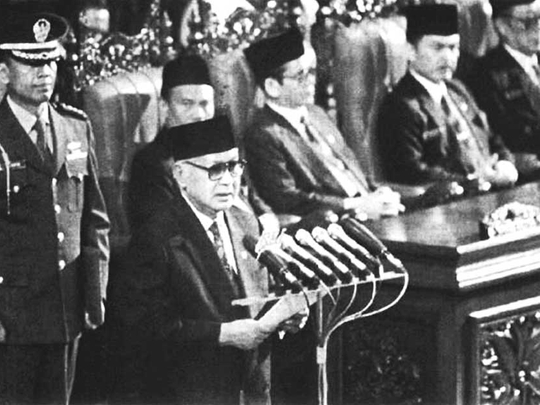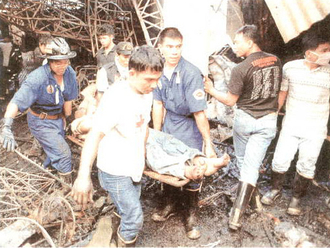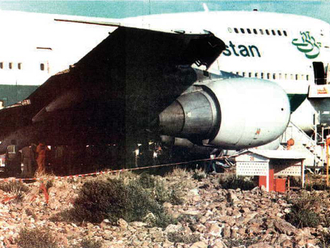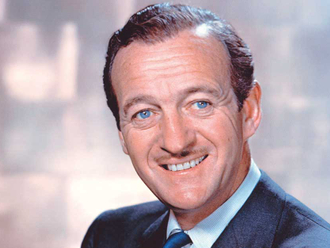
1983 General Suharto won an unopposed re-election to a fourth five-year term as president of Indonesia, continuing his firm grip on the oil- producing nation of 150 million people. The 920-member Congress, largely controlled by Suharto and his military backers, voted unanimously for the 61 -year-old retired general in a show of support for his tough internal stance and moderate, generally pro-Western foreign policy. Standing behind a massive, carved-teak podium, speaker of Congress Amirmachmud announced that Suharto was the sole candidate for president and filled all constitutional requirements. Congress approved policy guidelines intended to bolster Suharto’s power and prestige further as he enters what political associates have said will be his final term. The guidelines also appeared intended to nudge the country toward a more democratic system and forestall efforts by militant Muslims to make Indonesia an Islamic state. Suharto’s 17-year domination of Indonesian politics was underlined by the support he drew even from the opposition Islamic and democratic parties.
Other important events
1862 US issues its first paper money.
1876 The first successful voice transmission over Alexander Graham Bell’s telephone takes place in Boston.
1893 Ivory Coast becomes a French colony.
1900 Britain signs treaty with Uganda to regulate government with British commissioner as adviser.
1902 Earthquake destroys Turkish city of Tochangri.
1918 The premiere of Warner Brothers’ first film, My Four Years in Germany.
1922 Strikes break out in Johannesburg, South Africa, and martial law is declared.
1933 A 6.4 earthquake strikes Long Beach, California, killing 120.
1945 US troops land in Mindanao, Philippines.
1946 Italian women vote for the first time.
1947 Poland and Czechoslovakia sign a 20-year treaty of friendship and mutual assistance.
1952 Military coup led by General Fulgencio Batista in Cuba.
1959 Dalai Lama flees to India after a failed rebellion against Chinese rule.
1972 Cambodia’s Premier Lon Nol takes complete control of Cambodian government.
1982 US impose economic sanctions against Libya.
1985 Soviet Union president Konstantin Chernenko dies and is succeeded by Mikhail Gorbachev.
1990 Lithuania proclaims its independence from the USSR.
1991 A half million people rally in Moscow in support of Russian President Boris Yeltsin.
1995 Costis Stephanopoulos becomes President of Greece.
1997 Vatican establishes diplomatic relations with Libya.
1998 Chile’s former dictator Gen Augusto Pinochet retires as commander-in-chief of the army.
2001 Oman announces the discovery of a new major gas field in Al Dakhlia region.
2005 A suicide bomber blows himself up inside a Shiite mosque in the northern city of Mosul, Iraq, killing at least 36 people.
2006 A vehicle carrying a wedding party hits an anti-tank mine in southwest Pakistan’s restive Balochistan province, killing 28 people.
2008 Heavy storms disrupt air, sea and road transport in Britain, cutting electricity to 10,000 homes in Wales and southern England.
2010 Mohammad Syed Tantawi, the Grand Imam of Cairo’s Al Azhar Mosque dies of a heart attack at Riyadh Airport.
2011 Morocco King Mohammad VI announces constitutional reforms.
2013 The UAE Cabinet approves formation of a new international training and research centre to fight terrorism.
2015 Pakistan lifts death penalty moratorium in all capital cases.
2016 Jazz vocalist Ernestine Anderson dies at the age of 87.








